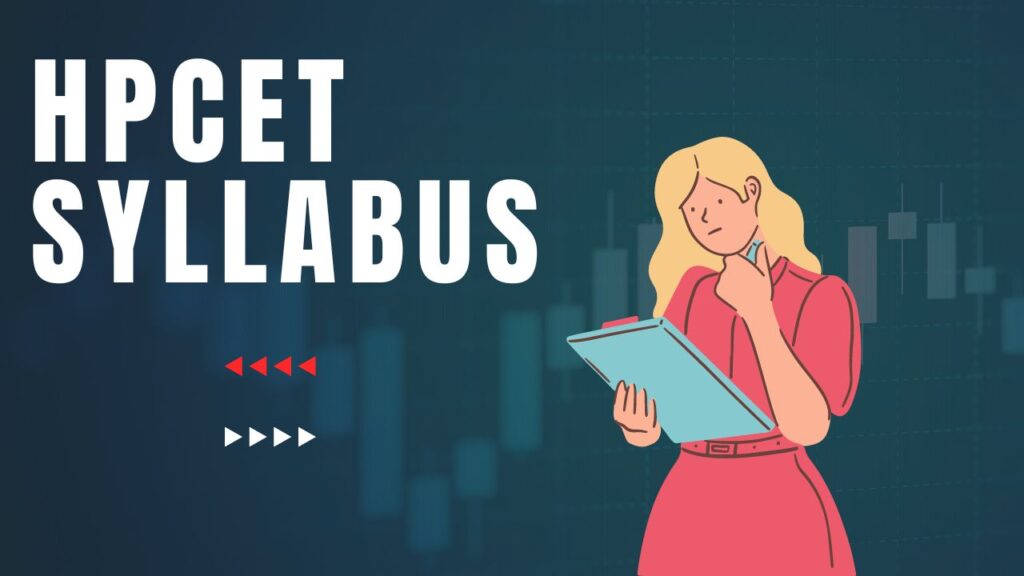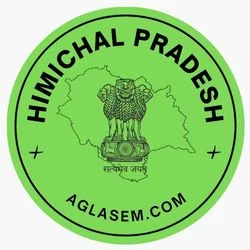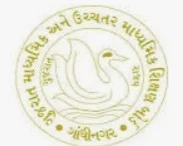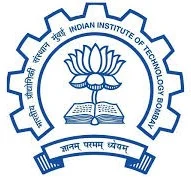HPCET Syllabus-HPCET Syllabus Download PDF
HPCET Syllabus
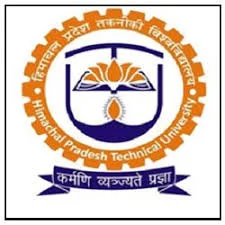
Introduction to HPCET
The Himachal Pradesh Common Entrance Test (HPCET) is an important test for students who want to get into different college and graduate programs in Himachal Pradesh. The test checks how smart and knowledgeable a candidate is in a number of topics that are related to their chosen course. This book gives you a thorough look at the HPCET course, going over each part in detail and giving you tips on how to do well on the test.
Overview of the HPCET Exam Structure
The HPCET is meant to test applicants on a lot of different topics, based on the school they are going for. Multiple-choice questions (MCQs) are often used on the test to see how well candidates understand and can use basic ideas.
HPCET Exam Pattern 2024
The exam format is something that candidates should learn because it will help them study for the test. People who know how the HPCET Exam Pattern works do very well on these kinds of tests.
The HP CET 2024 test will not be taken online. The question paper will only have English on it. Candidates can read about the details of the HPCET 2024 test format broken down by school.
B.Tech and B.Pharmacy
The following is the detailed exam pattern for the B. Tech and B. Pharmacy written exams:
- The paper will have objective-type questions.
- The exam will be held for 300 marks.
- There will be 150 questions, each question carrying 1 mark.
- There will also be a 0.5 marks penalty for each incorrect answer.
Calculate tentative marks using HPCET Answer Key
| Subjects | No. Of Questions | Maximum Marks | Duration |
| Physics | 50 | 100 | 3 hours |
| Chemistry | 50 | 100 | |
| Mathematics/ Biology | 50 | 100 | |
| Total | 150 | 300 |
General Structure
- Type of Questions: Multiple-choice questions.
- Duration: Approximately 3 hours.
- Total Marks: Varies by program.
- Sections: Divided into specific sections based on the program (e.g., Engineering, Management, Pharmacy).
Detailed Syllabus for Various Programs
1. Engineering
For candidates applying to engineering programs, the HPCET syllabus is comprehensive and covers subjects essential for technical education.
Mathematics
- Algebra: Polynomials, Linear equations, Quadratic equations, Complex numbers, Sequences, and Series.
- Calculus: Limits, Continuity, Differentiation, Integration, Differential equations.
- Coordinate Geometry: Straight lines, Circles, Conic sections.
- Vectors: Vector algebra, Scalar and vector products.
- Trigonometry: Trigonometric functions, Identities, Equations, and Applications.
Physics
- Mechanics: Kinematics, Newton’s laws, Work, Energy, and Power.
- Electrodynamics: Electric fields, Magnetic fields, Electromagnetic induction, AC and DC circuits.
- Optics: Ray optics, Wave optics, Optical instruments.
- Thermodynamics: Laws of thermodynamics, Heat transfer, Engines.
Chemistry
- Physical Chemistry: Atomic structure, Chemical bonding, Thermodynamics, Equilibrium, Kinetics.
- Inorganic Chemistry: Periodic table, Coordination compounds, Transition elements.
- Organic Chemistry: Hydrocarbons, Functional groups, Organic reactions.
2. Management
For management program aspirants, the HPCET focuses on assessing general awareness, quantitative aptitude, and logical reasoning skills.
General Awareness
- Current Affairs: National and international events, Awards, Sports, and Entertainment.
- General Knowledge: History, Geography, Politics, Economy.
Quantitative Aptitude
- Number Systems: Arithmetic operations, Fractions, Decimals.
- Algebra: Linear equations, Inequalities.
- Data Interpretation: Graphs, Tables, Charts.
- Geometry and Mensuration: Shapes, Areas, Volumes.
Logical Reasoning
- Verbal Reasoning: Analogies, Series, Coding-decoding.
- Non-Verbal Reasoning: Patterns, Series, Puzzles.
3. Pharmacy
For those aiming for a career in pharmacy, the syllabus includes subjects pertinent to pharmaceutical sciences.
Pharmaceutical Chemistry
- Medicinal Chemistry: Drug design, Pharmaceutical analysis.
- Organic Chemistry: Functional groups, Synthesis, Reactions.
Pharmacology
- Drug Actions: Mechanisms, Therapeutic uses, Side effects.
- Pharmacokinetics: Absorption, Distribution, Metabolism, Excretion.
Pharmaceutics
- Dosage Forms: Tablets, Capsules, Suspensions.
- Pharmaceutical Technology: Drug formulation, Quality control.
Preparation Strategies
- Understand the Syllabus: Thoroughly review the syllabus for your specific program to identify key topics and areas of focus.
- Create a Study Plan: Develop a structured study schedule that allocates time for each subject, ensuring comprehensive coverage.
- Use Quality Resources: Refer to recommended textbooks, online courses, and past exam papers for effective preparation.
- Practice Regularly: Solve sample papers and previous years’ questions to familiarize yourself with the exam pattern and improve time management.
- Stay Updated: Keep abreast of any changes in the syllabus or examination pattern by regularly checking official notifications.
Conclusion
The HPCET course is carefully designed to test how well a candidate knows topics that are related to their chosen field of study. You can carefully prepare and improve your chances of success by reading and following the detailed plan for your program. Together, thorough planning and good study habits will help you feel confident on the HPCET.
HPCET Syllabus-HPCET Syllabus Download PDF Read More »

